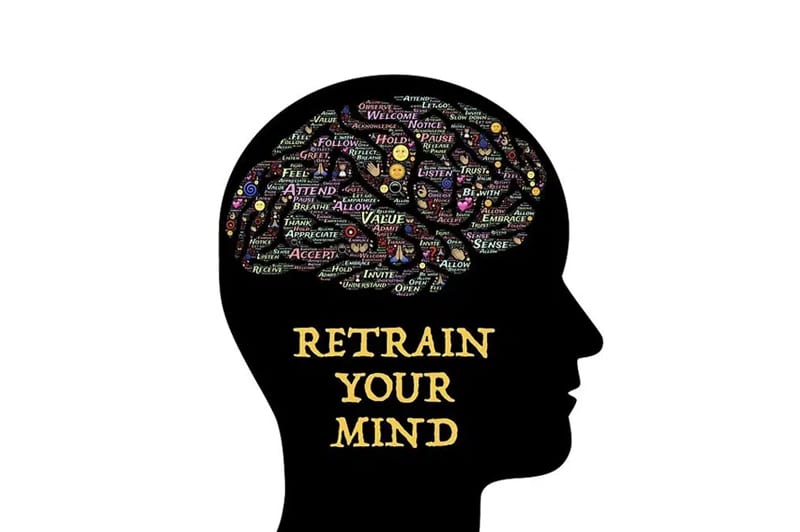June is Brain Awareness Month. According to the Alzheimer’s Association, “Worldwide, there are an estimated 47 million people living with Alzheimer’s and other dementias, and without a change, these numbers are expected to grow to 76 million by 2030.” Hearing loss is estimated to account for 8% of dementia cases. This means that hearing loss may be responsible for 800,000 of the nearly 10 million new cases of dementia diagnosed each year. Currently, there are three main theories as to why hearing loss and dementia are related. The first theory is hearing loss makes the brain work harder. If the brain needs to work harder to hear and fill in gaps of information, then other parts of the brain such as thinking, and memory systems may be negatively impacted. The second theory is hearing loss causes the aging brain to shrink more quickly. The third theory is hearing loss leads people to become less socially engaged. If hearing loss is causing someone to be less socially engaged, then the brain is less engaged and active which impacts a person’s ability to remain intellectually stimulated. Research is now being done to see if treating hearing loss helps to prevent or slow the onset for dementia.
According to preliminary research, the use of hearing aids appeared to delay the onset of cognitive impairment and dementia, along with depression and falls that cause injuries. In addition to treating hearing loss and staying socially active, doing puzzles, playing cards, building your vocabulary, dancing, learning a new skill, teaching a skill, listening to music, eating a healthy diet, and exercising daily are all ways you can stimulate brain health.




